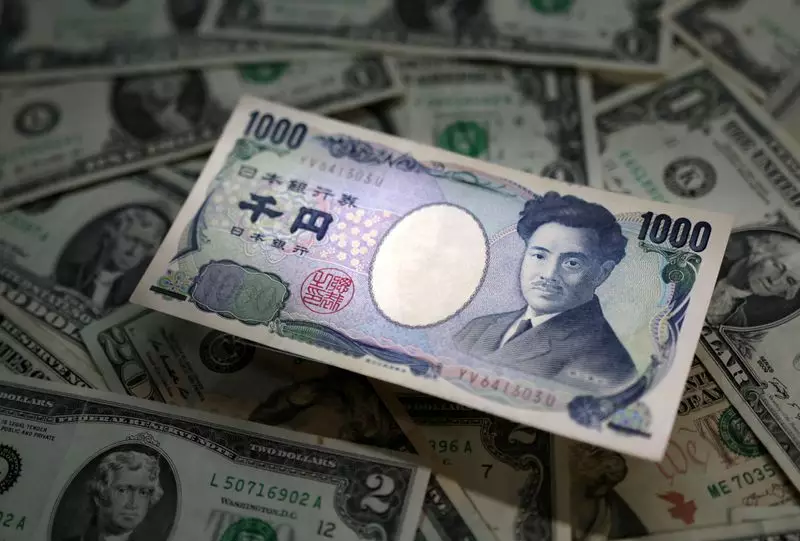Recent developments in Japan’s political landscape have placed the yen under significant pressure, reflecting a growing focus on uncertainty that may shape monetary policy in the near future. Following a disappointing parliamentary election for the ruling coalition, which resulted in neither party securing a majority, the yen has struggled to maintain stable ground against the dollar. On Tuesday, it traded slightly higher at 153.12 per dollar, easing from a recent low of 153.885, the weakest it has been in three months. The Liberal Democratic Party (LDP) of Japan, alongside its junior coalition partner Komeito, secured only 215 of the 465 seats in the lower house, falling short of a decisive majority.
The outcome of the election is likely to pave the way for a political impasse, which traditionally raises concerns among market analysts. Carol Kong, a currency strategist at the Commonwealth Bank of Australia, noted that the new government’s approach could lean towards looser fiscal policies. This uncertainty, alongside robust economic data from the United States and the looming possibility of a Trump victory in the U.S. presidential election, could elevate pressure on the dollar versus the yen in the weeks to come.
Financial analysts expect the Japanese central bank, the Bank of Japan (BOJ), to maintain its current policy on interest rates during its upcoming announcement. This decision stems from the higher volatility in financial markets, which may compel the BOJ to avoid making any drastic changes to its monetary policy.
The performance of the U.S. dollar has exhibited remarkable strength recently, making it one of the top-performing currencies in the global market. As of Tuesday, the dollar was on track for its most notable month in two and a half years, bolstered by an impressive 3.5% gain against a basket of other currencies. A series of favorable economic reports showcasing the resilience of the U.S. economy has supported this bullish sentiment.
One major factor contributing to the dollar’s rise is the anticipation surrounding the forthcoming U.S. presidential election. Market participants are increasingly pricing in the potential for a Donald Trump victory, viewing his policies on tariffs and taxation as inflationary. The expectation is that this could positively impact the dollar while maintaining downward pressure on bonds.
However, investors remain cautious, especially with key economic indicators on the horizon. The core personal consumption expenditures (PCE) price index data, which is the Federal Reserve’s preferred inflation metric, is scheduled for release on Thursday, followed closely by the nonfarm payrolls report on Friday. These data points will play a crucial role in determining market trajectories moving forward. Ray Attrill, head of FX strategy at National Australia Bank, highlighted the importance of these reports, noting that any unforeseen deviations from the anticipated figures could lead to adjustments in currency valuations.
In the broader context, the dollar’s recent performance has cast shadows over other major currencies, including the euro and the British pound. On Tuesday, the euro experienced a modest uptick, reaching $1.0816, while sterling saw a slight increase to $1.2976. Nevertheless, these gains are minimal compared to the overall strength of the dollar.
Emerging markets are also feeling the ripple effects of these fluctuations. The Australian dollar and New Zealand dollar faced declines, with the Aussie dipping to its lowest levels in over two months. Analysts emphasize that the Australian dollar, in particular, may face adverse reactions should political turbulence arise in the U.S. following the election results.
Overall, the currency markets are navigating a complex landscape marked by political uncertainties in Japan, potential implications of upcoming U.S. economic data, and shifting sentiment towards key players like Donald Trump. Stakeholders are left to watch closely as these elements unfold, ready to react to new developments that could drastically alter the current market dynamics. The coming weeks promise to be critical for currency traders, as both domestic policies and broader global politics intertwine to shape the economic climate.

